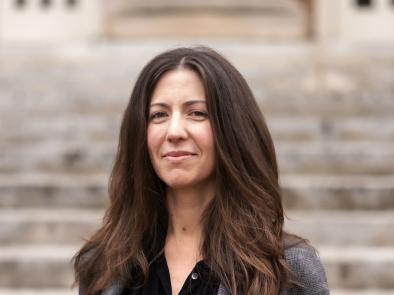Francesca Tripodi
Professor, UNC School of Information and Library Science; Senior Faculty Researcher, Center for Information, Technology, and Public Life

Pronouns
She/Her/HersPhone
(919) 962-8366
Expertise
Social media, political partisanship, and democratic participation, particularly how Google and Wikipedia are manipulated for political gains. Patterns of gender inequality on Wikipedia.
Education
PhD (Sociology), University of Virginia
MA (Sociology), University of Virginia
MA (Communication, Culture, and Technology), Georgetown University
BA, University of Southern California, Annenberg School of Communication
Biography
Dr. Francesca Tripodi is a sociologist and media scholar whose research examines the relationship between social media, political partisanship, and democratic participation, revealing how Google and Wikipedia are manipulated for political gains.
She is a professor at the UNC School of Information and Library Science (SILS), a senior faculty researcher with the Center for Information, Technology, and Public Life (CITAP) at the University of North Carolina at Chapel Hill, and an affiliate at the Data & Society Research Institute.
She holds a Ph.D. and M.A. in sociology from the University of Virginia, as well as an M.A. in communication, culture, and technology from Georgetown University. Before coming to Carolina, she was an assistant professor of sociology at James Madison University
In 2019, Dr. Tripodi testified before the U.S. Senate Judiciary Committee on her research, explaining how search processes are gamed to maximize exposure and drive ideologically based queries. This research is the basis of her book, which is under contract with Yale University Press. She also studies patterns of gender inequality on Wikipedia, shedding light on how knowledge is contested in the 21st century.
Her research has been covered by The Washington Post, The New York Times, The New Yorker, The Columbia Journalism Review, Wired, The Guardian and The Neiman Journalism Lab.
